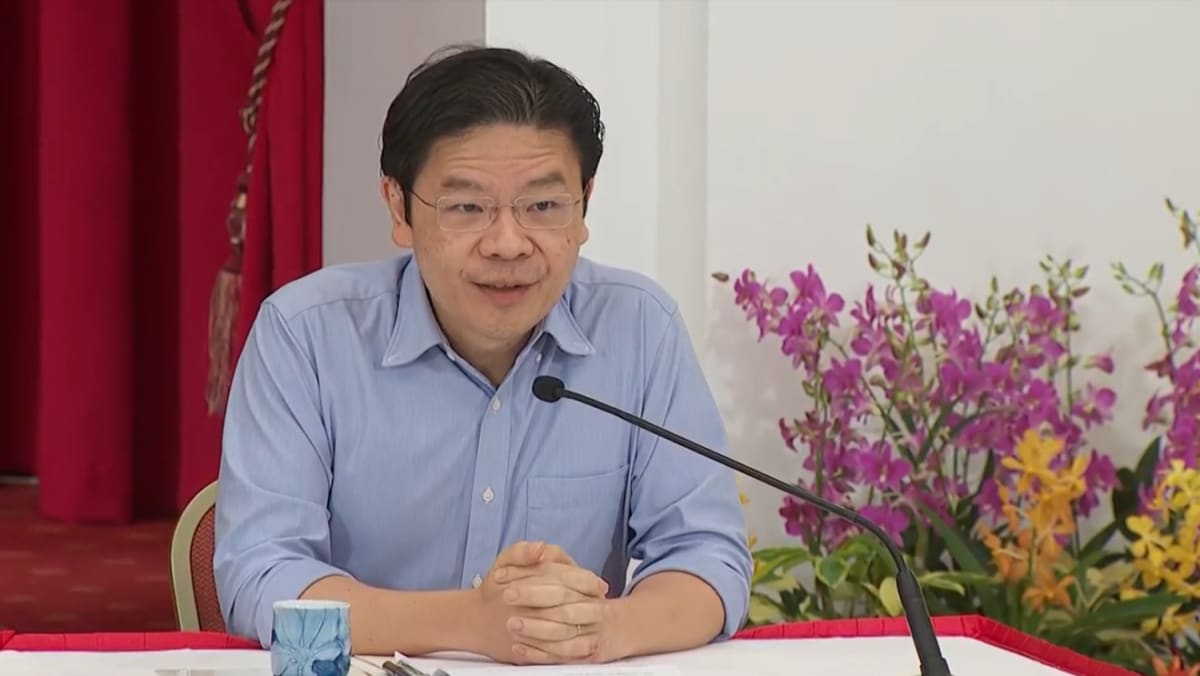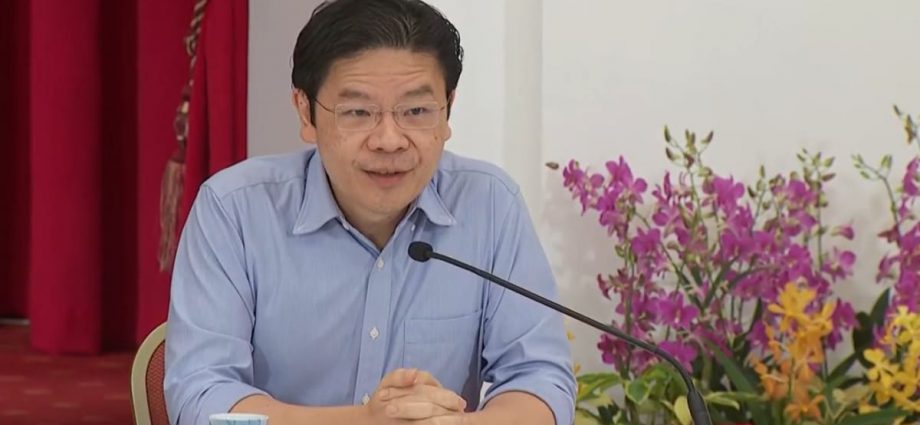
CUTTING THEIR TEETH
Mr Shanmugam noted how both PM Lee and his predecessor, Mr Goh Chok Tong, had handled a variety of portfolios over more than a decade in politics, before they took the top post.
He added that ministers are not only assessed by how well they handle their portfolios – they also need to be able to hold their own at the weekly Cabinet meetings.
“As important as the ministries, are the weekly Cabinet discussions, the way you deal with problems,” he said.
“You come up against issues – whether it’s foreign policy issue, or the American view, Chinese view, the European view, Malaysian view, Indonesian view. How do you deal with this? How do you deal with that? What’s your position from the perspective of a small country?”
Referencing how PM Lee learnt the ropes, Mr Shanmugam added: “From 1984 (his entry into politics) until he became prime minister in 2004, we are talking about 20 years of experience.
“How many countries are there where people have 20 years of experience in ministerial portfolios? There will be some, but it’s not common. And then, he becomes prime minister. By then, he has pretty much seen most of the problems.”
The same applies to Mr Goh, who cut his teeth at several ministries.
“If you look at (former) prime minister Goh, I think he came in 1976 (General Election), and he became Prime Minister in 1990. So, 15 years, also held a variety of portfolios – defence, finance, health, various portfolios,” Mr Shanmugam said.
CONCERNS ON ‘CLASS DIVIDE’
During the SCMP interview, Mr Shanmugam also touched on geopolitics, including the tensions between the United States and China, and the Russia-Ukraine war which he had also spoken about last month at an event organised by the ISEAS-Yusof Ishak Institute think-tank.
On the domestic front, he responded to a question on whether he was concerned that the “influx of wealth and talent” could impose “new pressures on divisions within Singapore society”.
Mr Shanmugam acknowledged that the competitive nature of Singapore’s society has led to the “pressure to compete”.
Part of that pressure boils down to Singapore being a “very small place”, but he assured that the Government will continue to look after the basic needs of Singaporeans.
“In a very small place like Singapore, where you can travel from one side of the island to the other in about 40 minutes by road, the people with a lot of wealth live right next to the people with less wealth,” he said.
“Any urban financial centre, international financial centre – you can take New York, you can take London, you can take Singapore, Hong Kong – it will attract capital. It will attract people of talent… and their incomes will be on the international scale.”
But unlike the other cities, people in Singapore “can’t move out” to other parts of their country if they did not like it here.
He added: “It’s a sovereign country, which is also a city-state, and you are in Singapore. And because wealth creation in Singapore is based purely on being able to compete with the world — it doesn’t produce the resources that Malaysia produces, or any other country produces — it’s got to be competitive.
“In any such competition, there will be winners and there will be people who don’t do as well. The Government makes sure that most people’s basic needs are taken care of — as long as they work hard. So it doesn’t matter if you don’t reach the top — you will still have a decent life.”

